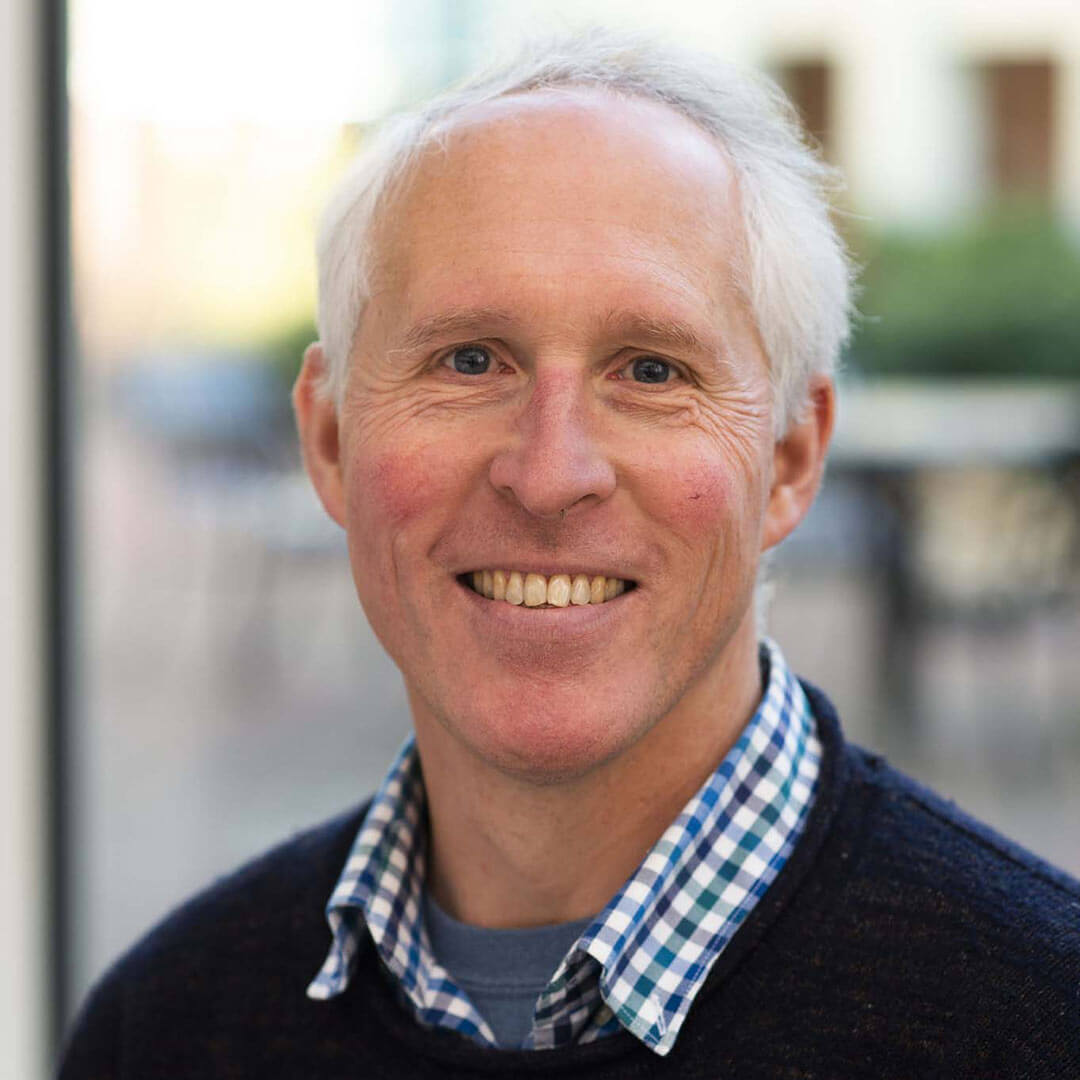- April 29, 2020
- By Kimbra Cutlip
A University of Maryland researcher widely known for his work in thermodynamics and statistical physics is one of 120 members and 26 international members elected to the National Academy of Sciences this week.
Christopher Jarzynski, a Distinguished University Professor of chemistry and biochemistry with joint appointments in the Department of Physics and the Institute for Physical Science and Technology (IPST), joins an elite group of 2,403 scientists around the country recognized for their influential research and elected by their peers. Of that number, 16 are Jarzynski’s colleagues in the College of Computer, Mathematical, and Natural Sciences, while UMD as a whole has 19 members among its faculty.
 “I feel honored to have been elected to the National Academy of Sciences, and I am truly grateful for the support that I have received from colleagues, staff and students since I came to Maryland,” Jarzynski said.
“I feel honored to have been elected to the National Academy of Sciences, and I am truly grateful for the support that I have received from colleagues, staff and students since I came to Maryland,” Jarzynski said.
Jarzynski is a statistical physicist and theoretical chemist who models the random motions of atoms and molecules using mathematics and statistics. Working at the junction of chemistry and physics, Jarzynski studies how the laws of thermodynamics—originally developed to describe the operation of steam engines—apply to complex microscopic systems such as living cells and artificial nanoscale machines.
“Chris Jarzynski has effectively opened up a new field in statistical physics. Now, with precision, one can apply statistical mechanics not only to equilibrium states, but also to finite rate processes that carry a system from one state to another,” Distinguished University Professor Emeritus of IPST and National Academy of Sciences member Michael E. Fisher told Europhysics News in 2011.
Jarzynski is well known for developing an equation known as the Jarzynski equality to express the second law of thermodynamics at the molecular scale. The 1997 paper in Physical Review Letters that introduced it has been cited in scientific literature more than 4,000 times, and the Nobel Committee cited the equation as a testing application for the invention that won the 2018 Nobel Prize in physics.
More recently, Jarzynski’s research has led to a new method for measuring “free energy”—the energy available to any system to perform useful work—in extremely small systems. This research is fundamental to new technologies and may lay the foundation for development of molecular- and quantum-scale machines.
A fellow of the American Physical Society (APS) and a member of the American Academy of Arts and Sciences, Jarzynski received a 2020 Guggenheim Fellowship, 2020 Simons Fellowship and the APS’ 2019 Lars Onsager Prize, which recognizes outstanding research in theoretical statistical physics. He was also awarded a Fulbright Scholarship and the Raymond and Beverly Sackler Prize in the Physical Sciences. He serves on the editorial board for the Journal of Statistical Mechanics: Theory and Experiment and is an associate editor for the Journal of Statistical Physics.
Jarzynski earned his B.A. in physics from Princeton University and his Ph.D. in physics from the University of California, Berkeley. After a postdoctoral appointment at the Institute for Nuclear Theory in Seattle, he spent 10 years at Los Alamos National Laboratory. He has been on the faculty of the University of Maryland since 2006.
